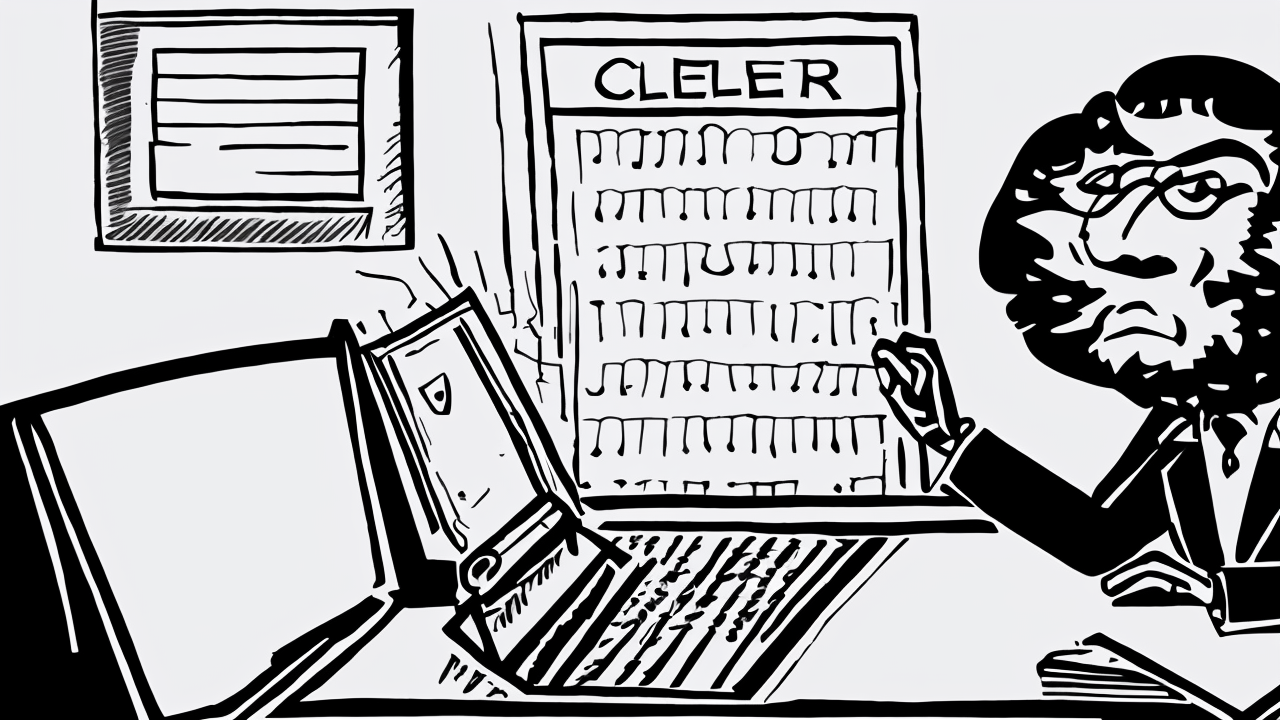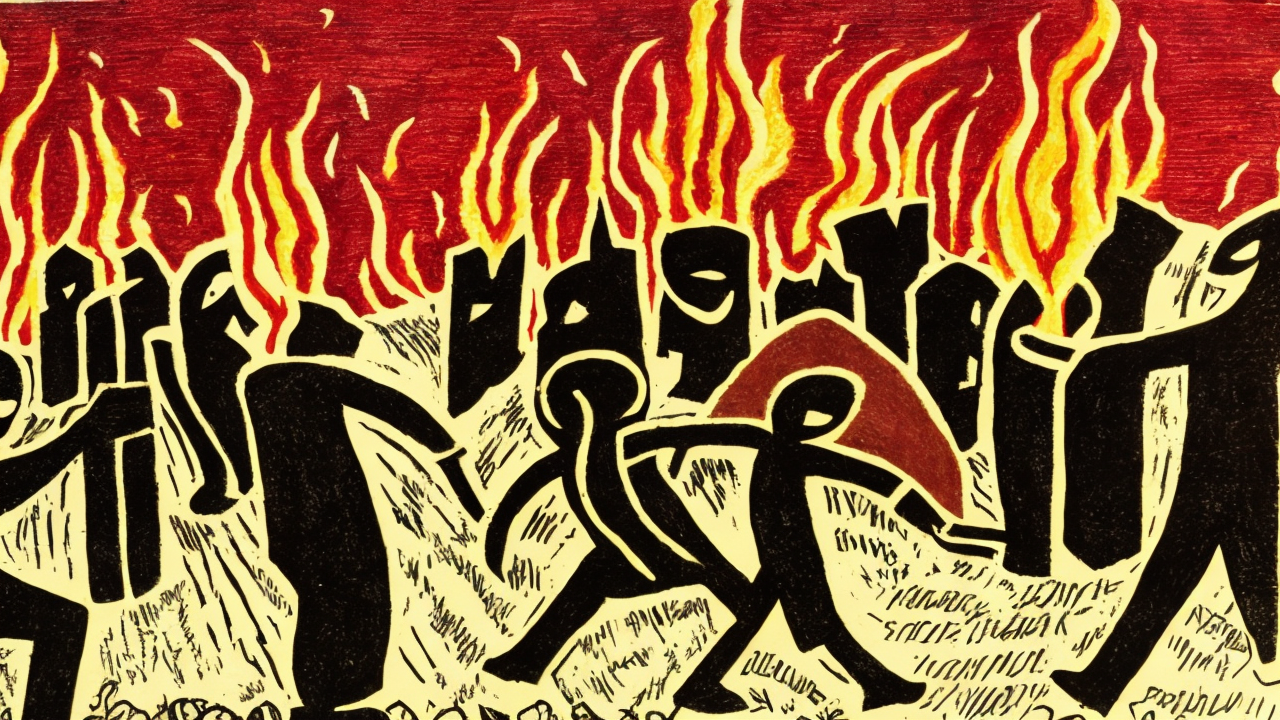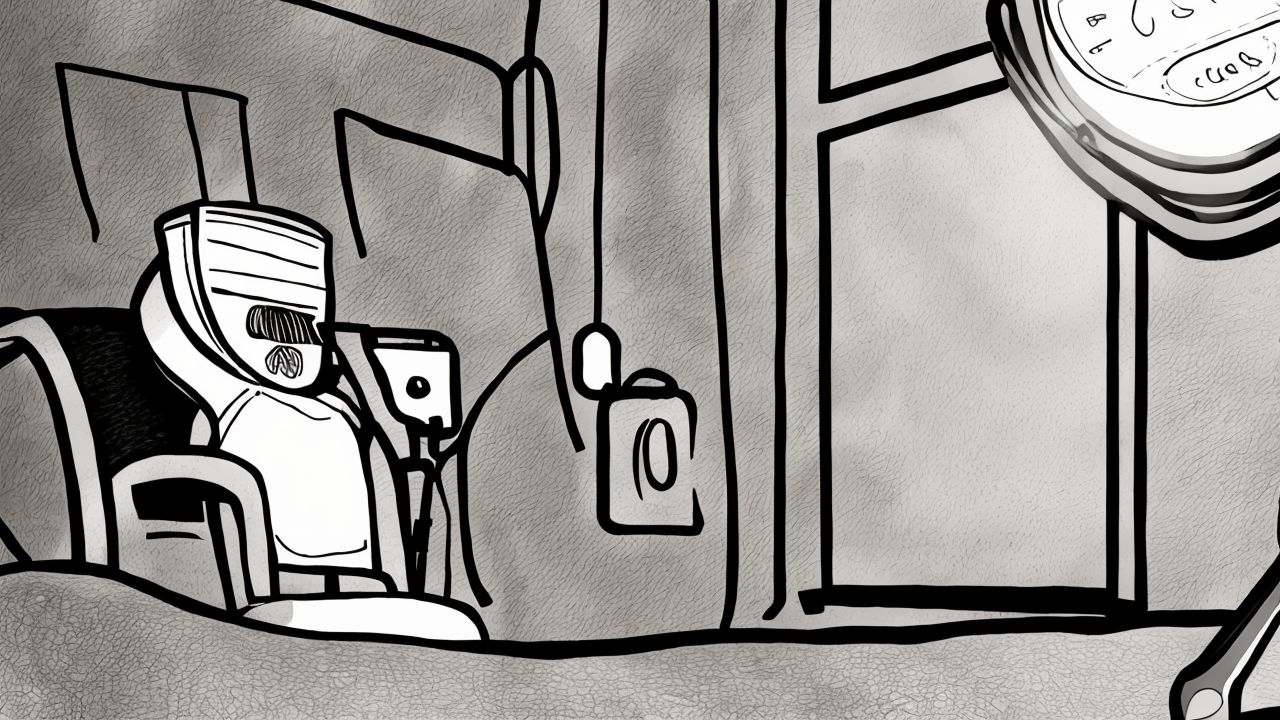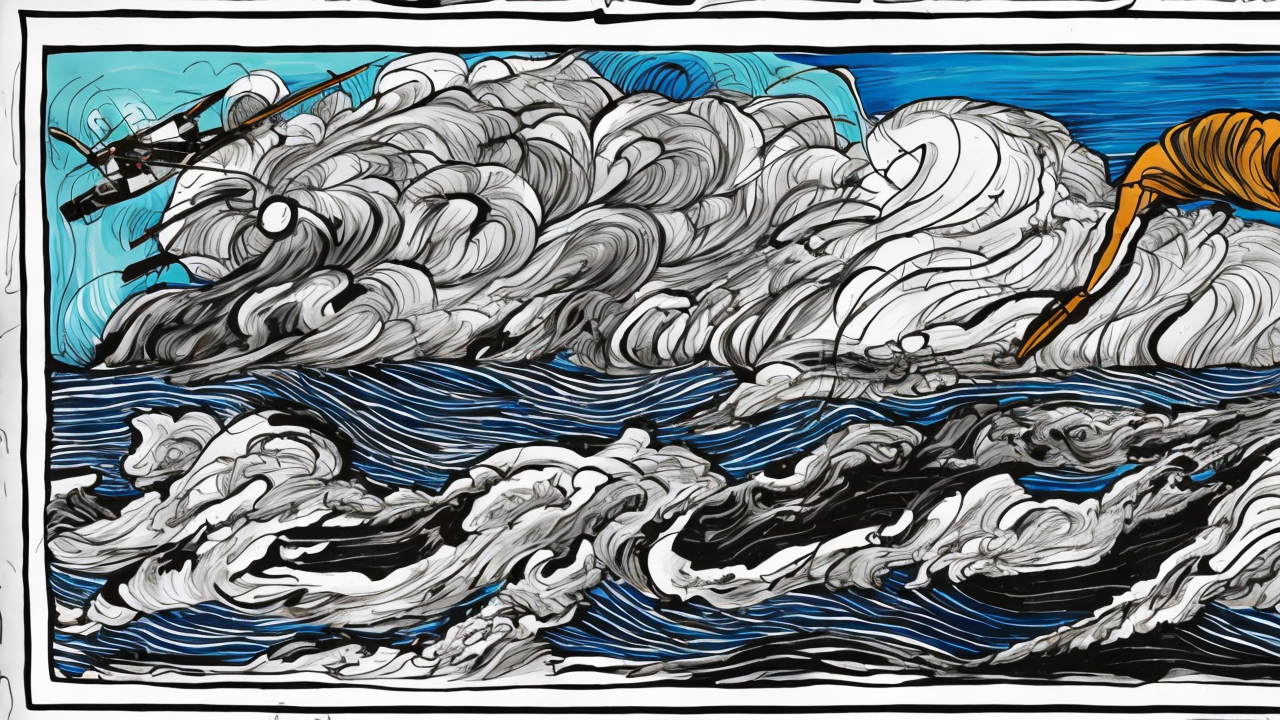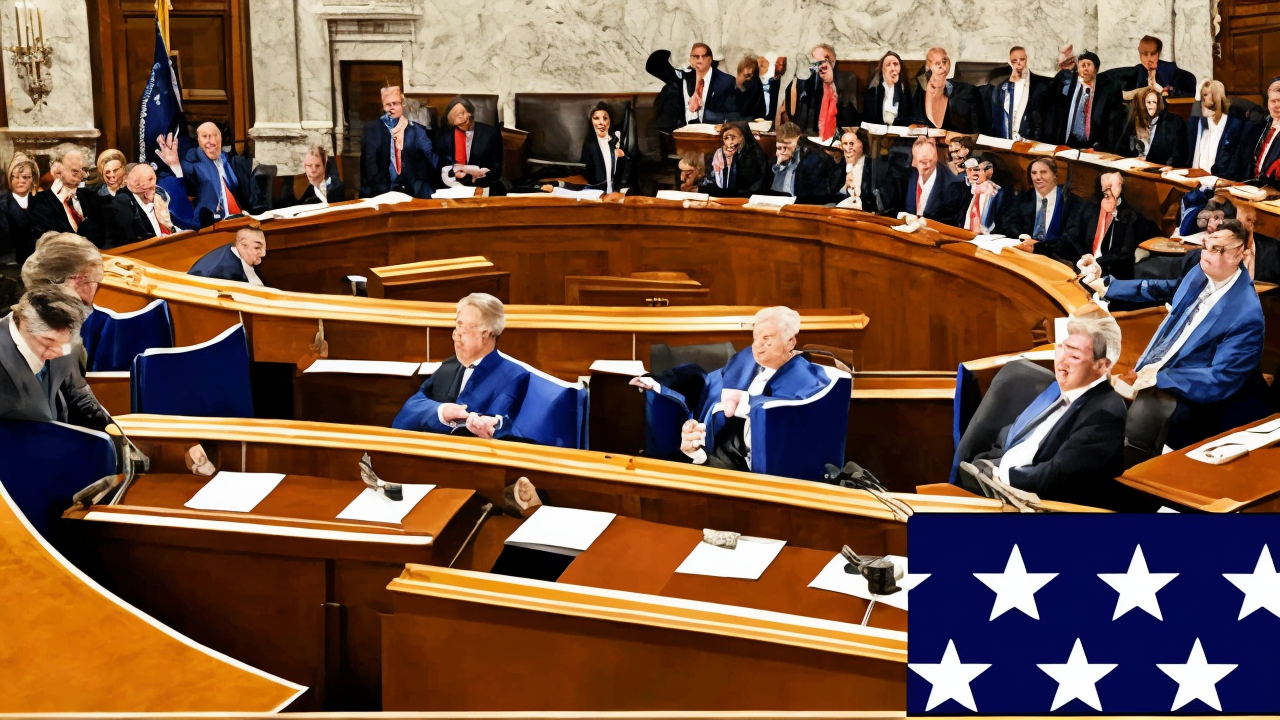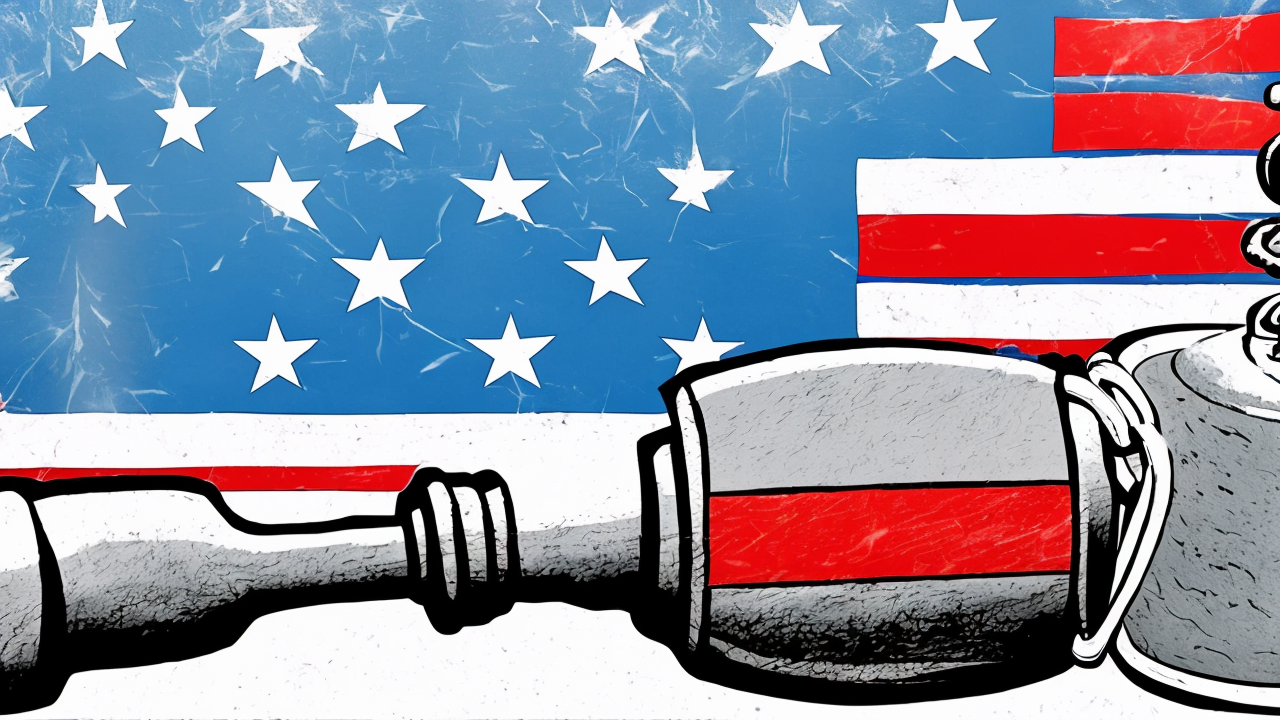Netflix's 'Midnight Mass' Attacked for Blasphemy and Anti-Christian Messaging
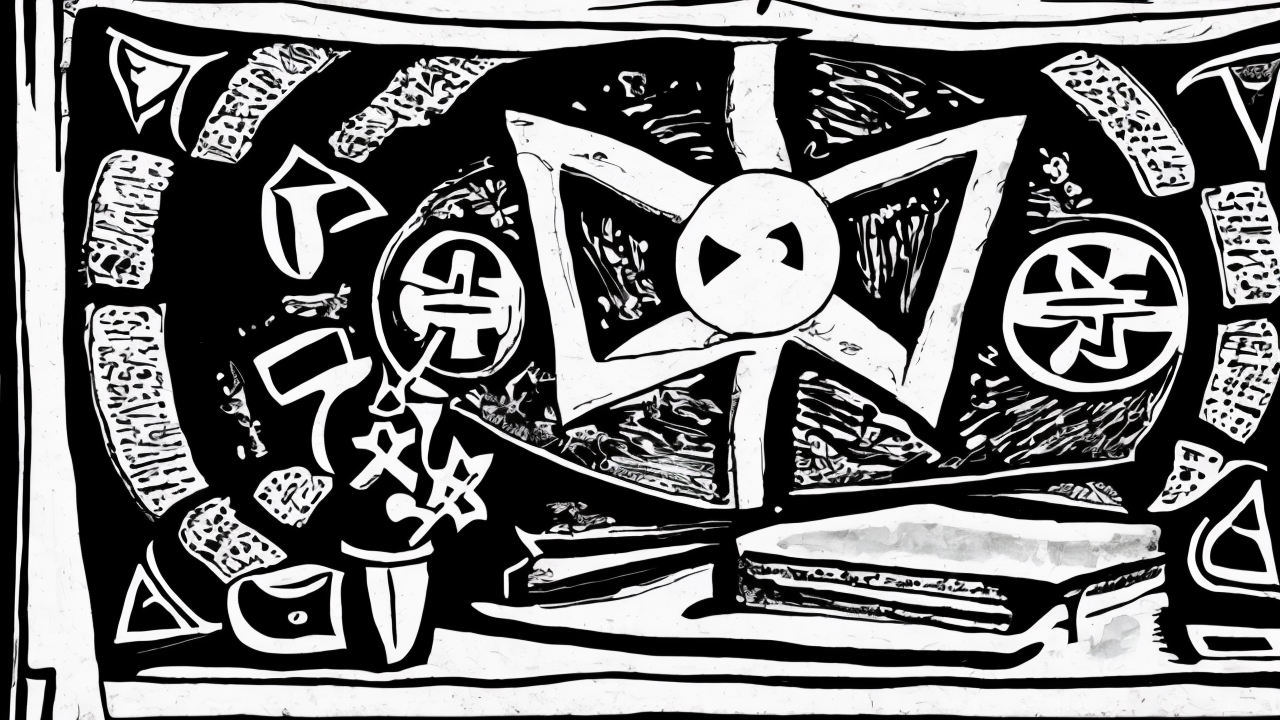
Netflix’s Midnight Mass, released in 2021, presents a narrative that has stirred deep concern among many who value traditional moral and religious principles. The series follows a small coastal community where a returning priest attempts to revitalize a struggling parish. At first glance, the premise evokes familiar themes of renewal and spiritual longing. Yet the story soon veers into territory that challenges the very foundations of Christian teaching—particularly in its depiction of sacred rituals, moral ambiguity, and the portrayal of faith as a source of deception rather than truth.
The show’s central narrative hinges on a disturbing reimagining of the Eucharist. In a scene that has drawn widespread criticism, the consecrated wine is shown bleeding and transforming into a grotesque manifestation of demonic presence. This moment, framed not as a warning against spiritual deception but as a turning point of revelation, risks undermining the sacredness of one of Christianity’s most cherished sacraments. For many believers, the Eucharist is not merely symbolic but a real encounter with divine presence. To depict it as a vessel of corruption, even in a fictional context, raises serious questions about the intent behind such storytelling.
The series also features a Muslim sheriff who speaks at length about personal experiences with discrimination. While his story is presented with empathy, the narrative structure positions his perspective as a counterpoint to the struggles of the Christian characters. This contrast, while perhaps intended to highlight social justice, risks reinforcing a narrative in which Christianity is portrayed as outdated or complicit in systemic harm. In doing so, the show subtly shifts the moral landscape, suggesting that faith traditions must be judged not by their truth claims but by their perceived social impact.
Perhaps most troubling is the show’s conclusion, where a priest, once seen as a man of God, leads a mass killing justified through a twisted interpretation of Scripture. The final scenes depict the town consumed in fire, with the priest calling this destruction divine will. This ending does not offer redemption or moral clarity. Instead, it presents a vision of faith that leads not to peace but to violence, where personal conviction overrides objective truth. It is a narrative that glorifies the self as the ultimate arbiter of right and wrong—a direct challenge to the Christian understanding of humility, submission to God, and love for neighbor.
The show also includes a character’s monologue in which he equates the human self with the cosmos, declaring that “we are the universe.” Such a statement, while presented as a moment of enlightenment, reflects a worldview that replaces divine revelation with human self-actualization. This is not new in modern media, but when placed within a Christian context, it becomes particularly disorienting. It suggests that faith, rather than leading to transcendence, is a path to self-deification.
These elements are not isolated incidents. They reflect a broader trend in entertainment that increasingly portrays religion not as a source of moral stability but as a tool of control, deception, or personal fulfillment. When sacred rituals are twisted, when faith is linked to violence, and when the self replaces God as the center of meaning, the result is a cultural shift that undermines the shared values that have long shaped Western societies.
This is not to say that art should never challenge or provoke. But when storytelling consistently undermines the truth of faith, promotes moral relativism, and glorifies spiritual confusion, it becomes more than entertainment—it becomes a form of cultural influence. For those who hold to biblical truth, such content demands discernment. It calls for a return to foundational principles: that truth is not relative, that love is not defined by self-fulfillment, and that faith must be grounded in something greater than the individual.
Midnight Mass may be fiction, but its impact is real. It reflects a world where moral boundaries are blurred, where tradition is questioned, and where the sacred is made profane. As believers, the call is not to retreat from culture but to engage it with clarity, courage, and conviction. The stories we allow into our homes and minds shape our understanding of truth. Let us choose those that affirm, rather than erode, the enduring values of our shared heritage.
Published: 10/27/2025

